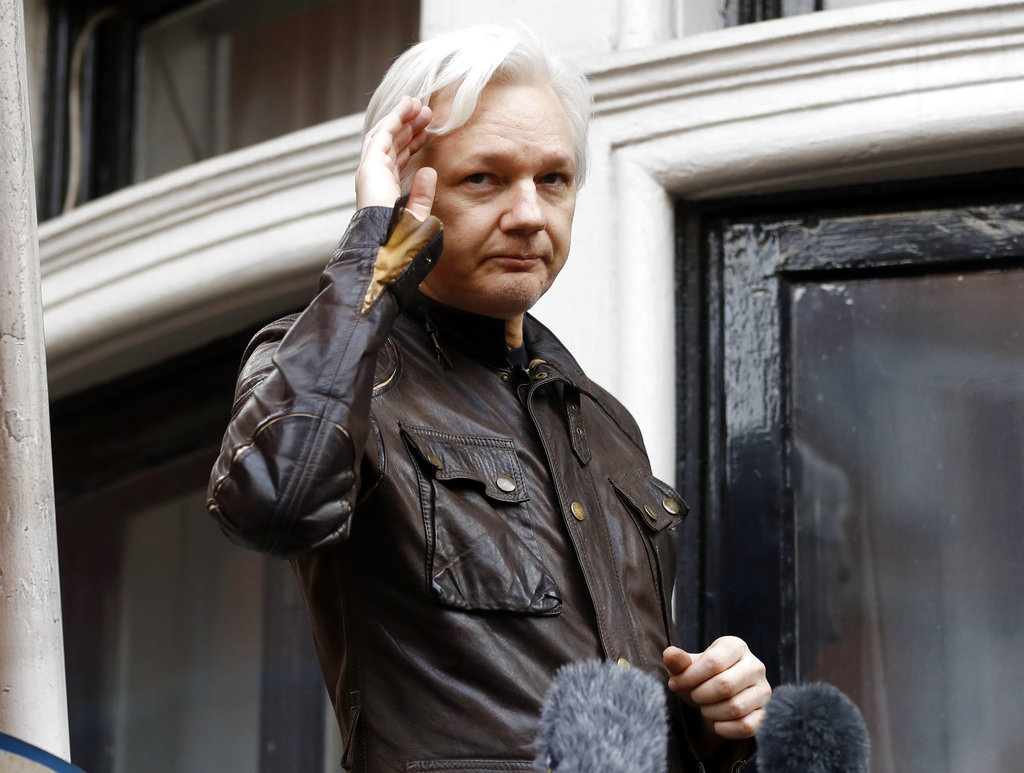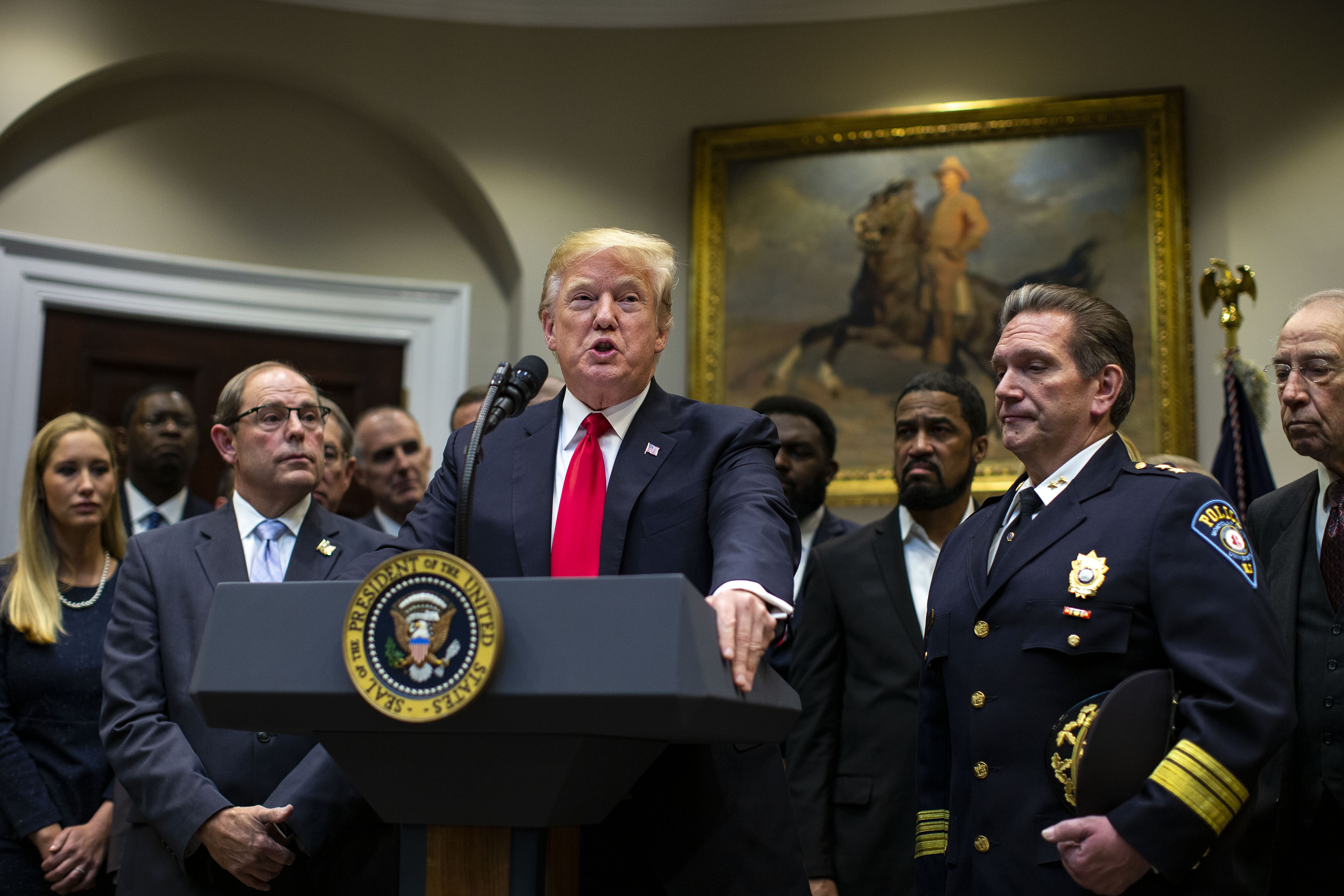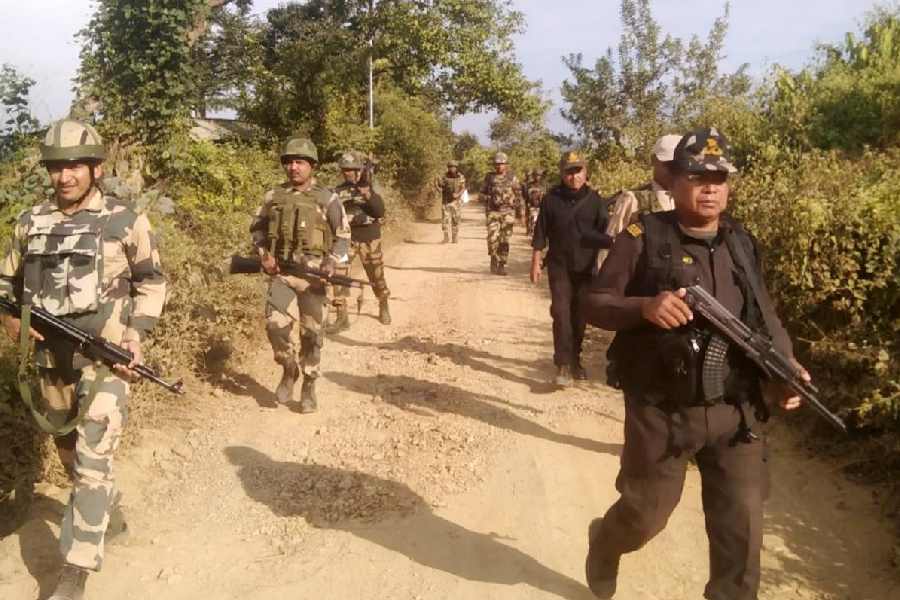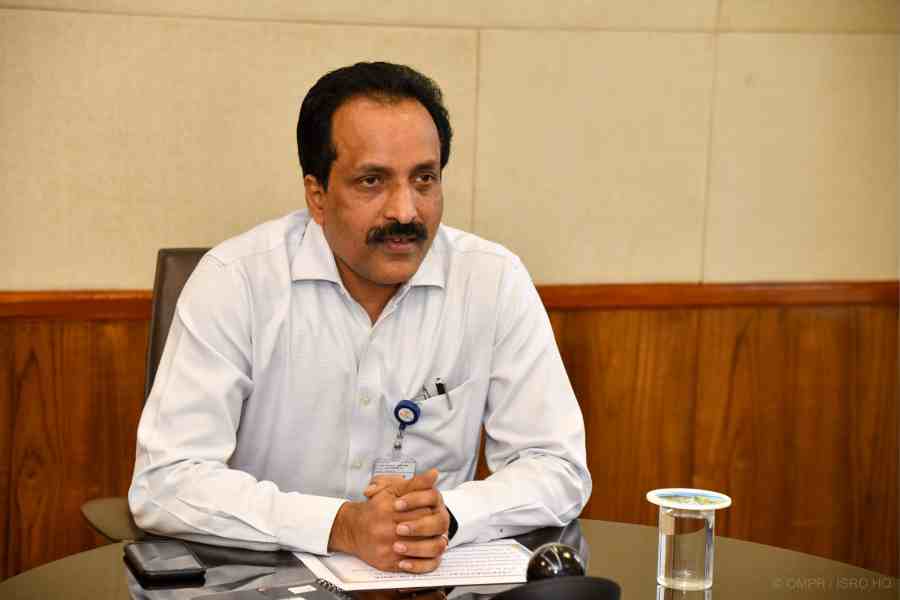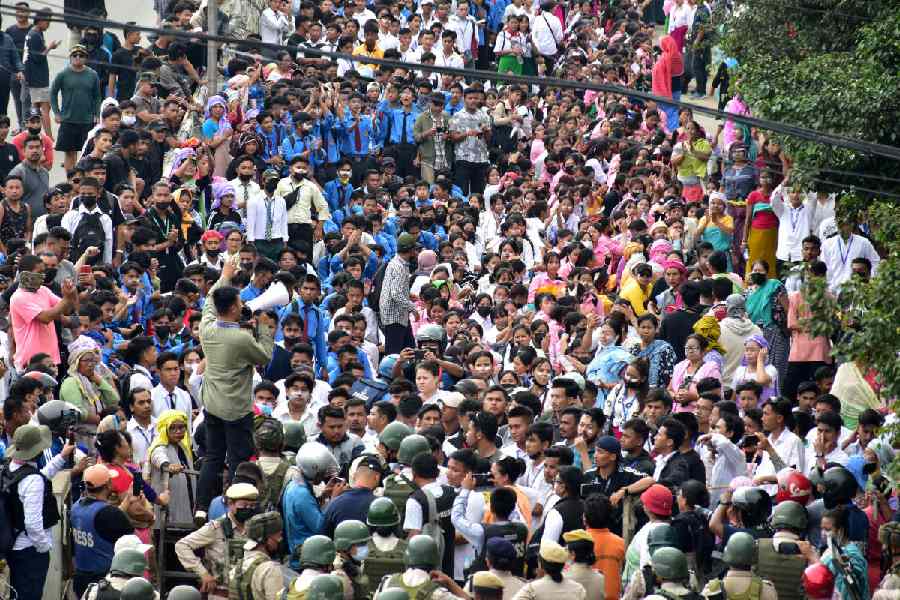WikiLeaks founder Julian Assange will not willingly travel to the United States to face charges filed under seal against him, one of his lawyers said on Friday, foreshadowing a possible fight over extradition for a central figure in the US special counsel's Russia-Trump investigation.
Assange, who has taken cover in the Ecuadorian Embassy in London, where he has been granted asylum, has speculated publicly for years that the Justice Department had brought secret criminal charges against him for revealing highly sensitive government information on his website.
That hypothesis appeared closer to reality after prosecutors, in an errant court filing in an unrelated case, inadvertently revealed the existence of sealed charges. The filing, discovered on Thursday night, said the charges and arrest warrant 'would need to remain sealed until Assange is arrested in connection with the charges in the criminal complaint and can therefore no longer evade or avoid arrest and extradition in this matter'.
A person familiar with the matter, speaking on condition of anonymity because the case had not been made public, confirmed that charges had been filed under seal. The exact charges Assange faces and when they might be unsealed remained uncertain on Friday.
Any charges against him could help illuminate whether Russia coordinated with the Trump campaign to sway the 2016 presidential election. They also would suggest that, after years of internal Justice Department wrangling, prosecutors have decided to take a more aggressive tack against WikiLeaks.
A criminal case also holds the potential to expose the practices of a radical transparency activist who has been under US. government scrutiny for years and at the centre of some of the most explosive disclosures of stolen information in the last decade.
Those include thousands of military and State Department cables from Army Pvt. Bradley (now Chelsea) Manning, secret CIA hacking tools, and most recently and notoriously, Democratic emails that were published in the weeks before the 2016 presidential election and that US intelligence officials say had been hacked by Russia.
Federal special counsel Robert Mueller, who has already charged 12 Russian military intelligence officers with hacking, has been investigating whether any Trump associates had advance knowledge of the stolen emails.
Assange could be an important link for Mueller as he looks to establish exactly how WikiLeaks came to receive the emails, and why its release of the communications — on the same day a highly damaging video of Trump from a decade earlier surfaced publicly — appeared timed to boost his campaign.
Assange, 47, has resided in the Ecuadorian Embassy under a grant of asylum for more than six years to avoid being extradited to Sweden, where he was accused of sex crimes, or to the US, whose government he has repeatedly humbled with mass disclosures of classified information.
The Australian was once a welcome guest at the embassy, which takes up part of the ground floor of a stucco-fronted apartment in London's posh Knightsbridge neighbourhood. But his relationship with his hosts has soured over the years amid reports of espionage, erratic behaviour and diplomatic unease.
Barry Pollack, a Washington lawyer for Assange, said he expected Ecuador to 'comply with its obligations' to preserve asylum for him, though he acknowledged a concern that the county could revoke his asylum, expel him from the embassy and extradite him to the US.
'The burden should not shift to Mr. Assange to have to defend against criminal charges when what he has been accused of doing is what journalists do every day,' Pollack said. 'They publish truthful information because the public has a right to know and consider that information and understand what its government and institutions are doing.'
The charges came to light in an unrelated court filing from a federal prosecutor in Virginia, who was attempting to keep sealed a separate case involving a man accused of coercing a minor for sex.
The three-page filing contained two references to Assange, including one sentence that said 'due to the sophistication of the defendant and the publicity surrounding the case, no other procedure is likely to keep confidential the fact that Assange has been charged'.
It was not immediately clear why Assange's name was included in the document.
Joshua Stueve, a spokesman for the Justice Department's Eastern District of Virginia said, 'The court filing was made in error. That was not the intended name for this filing.'
The since-unsealed document mentions Assange in two boilerplate sections, suggesting a copy-and-paste error or that his name was inadvertently left in a template used for the common filings.

